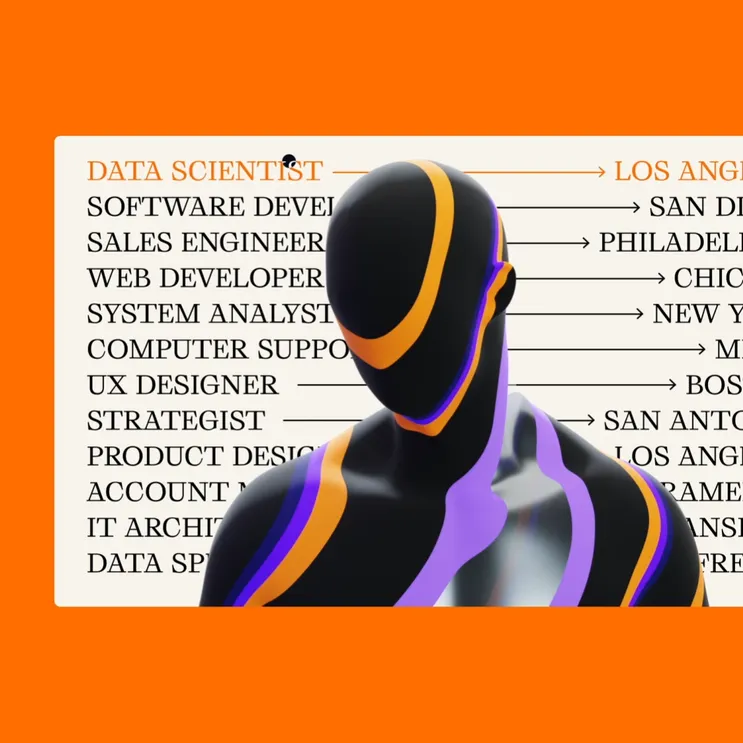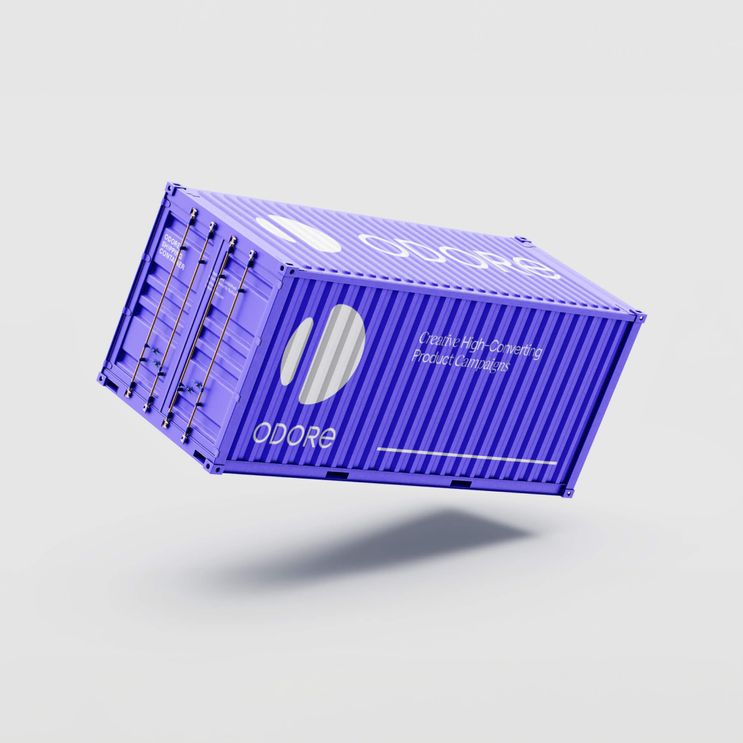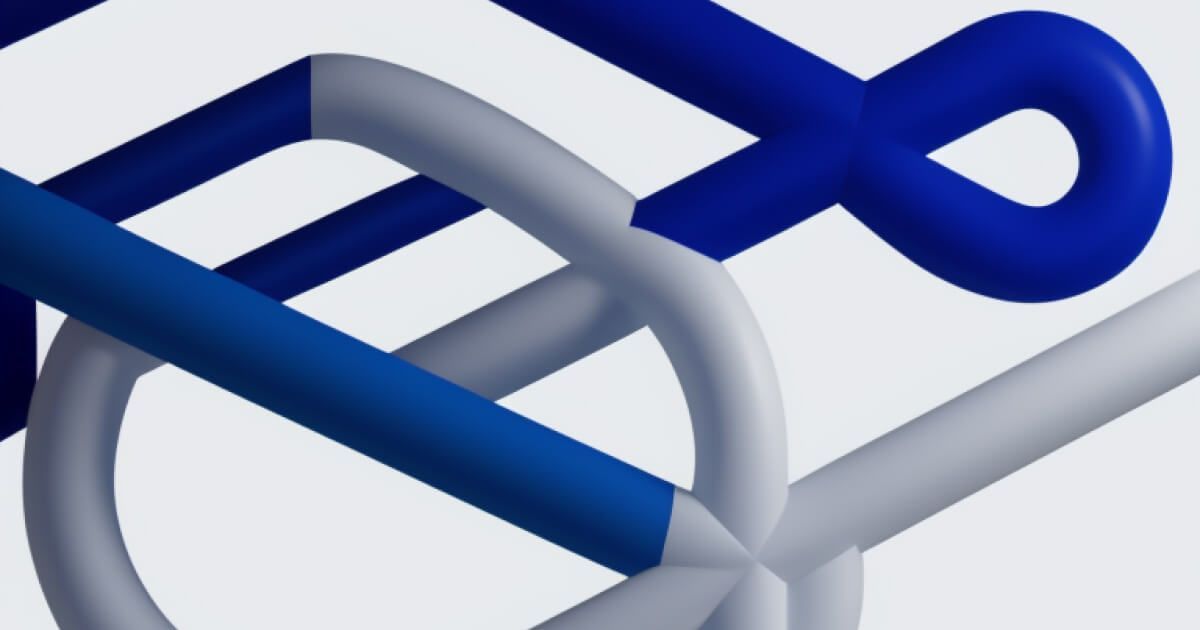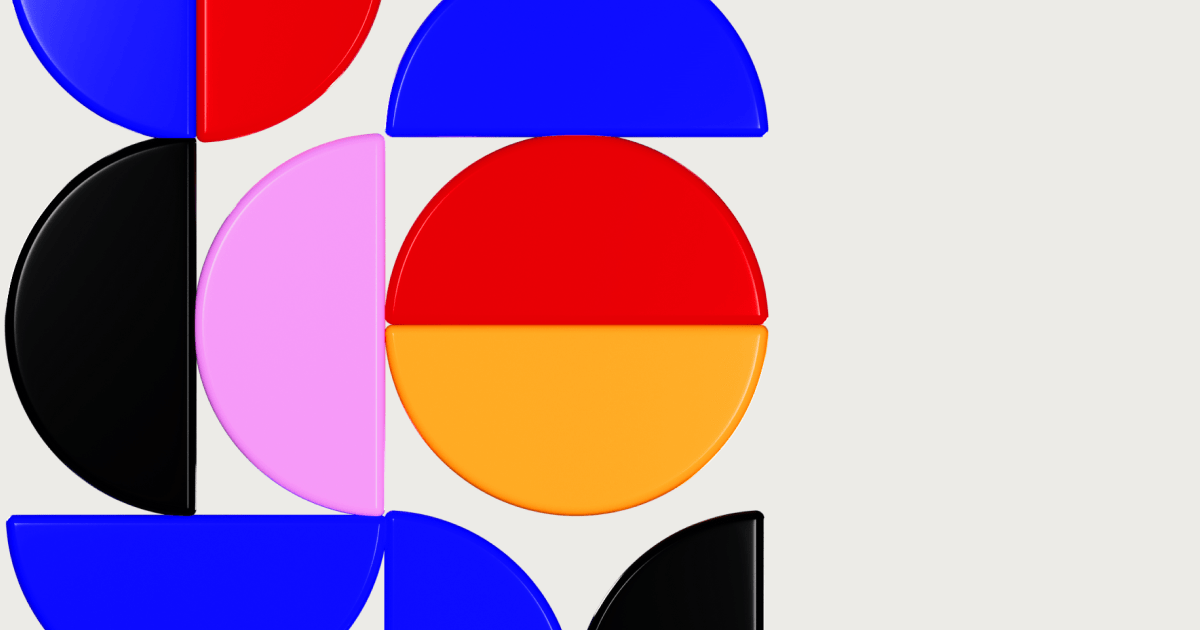Growth
Branding
8 min read
Defying Norms: The Revolution of Rebel Branding
In the world of marketing and branding, adhering to rules and guidelines has been a norm for centuries. Brands have sought to establish themselves within accepted industry boundaries, ensuring their practices align with traditional concepts and standards. However, with the advent of digital platforms and the evolving consumer mindset, a new brand archetype is garnering attention and gaining traction – the Rebel Brand.
We delve into the concept of rebel branding, its impact on consumers, and examples of successful rebel brands in today’s market.
Defining Rebel Branding
Rebel branding is an unconventional marketing strategy that contradicts traditional norms and breaks the existing rules of the industry. These brands position themselves as iconoclasts, bucking conventional wisdom, and challenging the status quo in innovative and often provocative ways. Rebel brands dare to be different, seeking not to fit into an existing market but to create new spaces and to redefine norms. They are unafraid to disrupt and they thrive on controversy, pushing boundaries with their unconventional approach.
The Allure of Rebel Brands
The key allure of rebel brands lies in their ability to resonate with consumers on an emotional level. In a marketplace saturated with conformity, rebel brands offer a breath of fresh air, attracting consumers who are looking for something out of the ordinary, something that reflects their desire to be unique, to stand out, and to be part of a revolution. Furthermore, rebel brands foster a sense of exclusivity and community. Their non-conformist ethos attracts like-minded individuals who believe in the brand’s philosophy and vision, leading to a strong brand loyalty that often supersedes that of traditional brands.
Examples of Rebel Brands
Tesla: Tesla is a prime example of a rebel brand in the automobile industry. Led by the unorthodox Elon Musk, Tesla has disrupted the car industry by focusing on electric vehicles and autonomous driving technologies. Ignoring the naysayers and doubters, Tesla has become a trailblazer in the industry, breaking the mold set by traditional automakers and forever changing the way people think about electric cars.
Supreme: In the world of streetwear, Supreme is a rebel brand that has built a cult-like following. Founded in 1994, Supreme started as a small skateboard shop and has grown into a global phenomenon. The brand’s distinct approach to product releases, known as “drops,” challenges the traditional retail model and fosters a sense of exclusivity. Supreme has also been known to push the boundaries of branding, releasing quirky products like branded bricks, crowbars, and even a Supreme-branded MetroCard for the New York City subway.
Patagonia: This outdoor clothing company has taken a rebellious stance on environmental and social issues. From taking a stand against corporate tax cuts and donating the savings to environmental causes, to encouraging consumers to buy less and repair more, Patagonia’s dedication to sustainability contradicts the typical corporate profit-first mentality, marking it as a distinctive rebel brand.
Netflix: In the entertainment industry, Netflix stands as a pioneering rebel brand. They disrupted traditional television and film distribution models by offering an on-demand streaming platform. Netflix’s radical move to create original content was seen as a risk but proved to be a game-changer, ultimately revolutionising the entire entertainment industry. They continue to break the rules by releasing entire seasons of shows at once and giving creative freedom to filmmakers and creators.
Chipotle: The company has taken a stand against traditional fast food norms by focusing on sustainable, organic ingredients and transparent business practices. They are disrupting the fast food industry by promoting “Food with Integrity”, appealing to consumers who are conscious about their health and the environment.
Harley Davidson: An iconic rebel brand, Harley Davidson has spent decades crafting a rebellious, freedom-loving image. Its motorcycles are more than just vehicles; they represent a lifestyle choice that appeals to those who value individuality and the open road over conformity. The company has purposefully cultivated a sense of outlaw culture, contributing to the unique allure of the brand.
Virgin: Under the leadership of Richard Branson, Virgin has developed into a strong rebel brand. Branson’s own personality, characterised by risk-taking, rule-breaking, and his distinct style of fun, has been deeply infused into the Virgin brand. Virgin Group’s numerous ventures, from airlines to space tourism, consistently challenge industry norms and offer consumers an alternative to traditional corporate experiences.
Thursday: This dating app has broken the norm by allowing users to connect only on one day of the week: Thursday. By challenging the ‘always-on’ culture of digital dating, Thursday creates a sense of urgency and excitement not typically associated with online dating, disrupting the industry with its unique concept.
The Potential Risks
While the allure of rebel branding is evident, it is not without its risks. The very nature of these brands – pushing boundaries, challenging norms – means they can be polarising. Consumers may love them or hate them, and the controversy they often court can lead to backlash.
Take for instance the cases of Maybelline and Bud Light. As rebel brands, they stepped out of conventional norms by collaborating with transgender influencer Dylan Mulvaney. While these partnerships were likely intended to resonate with progressive consumers and foster inclusivity, they inadvertently incited backlash due to Dylan’s reputation. This saw parent company of Bud light (Anheuser-Busch) lose $20million in market cap value.
The boycott calls that followed underline the complexity and risks of such alliances. Hence, these instances serve as reminders that, although rebel brands are known for challenging norms, they must also be wary of the socio-political landscapes that their partnerships might bring forward. The controversies surrounding these brands are not limited to the influencers’ personal images, but span the broader societal context, which call for thoughtful consideration of their diverse customer base’s views before finalising partnerships.
Maintaining the Rebel Persona
An often underestimated challenge of rebel branding is maintaining this persona over time while staying true to the brand’s original mission. A perfect example is Apple. The company began as a rebellious brand challenging the status quo of the tech industry with its innovative design and user-friendly technology. Their famous “Think Different” campaign positioned them as the alternative to the dominant PC industry.
However, as Apple grew and became a dominant player, the brand has faced challenges in maintaining its rebel status. The company now often finds itself in the position of the ‘establishment’ that it once rebelled against. Apple’s journey serves as a reminder that, while rebel branding can be a powerful tool, it is also a dynamic process that requires careful management and strategic foresight to prevent dilution or contradiction of the brand’s original rebel ethos.
Rebel branding presents an exciting opportunity for businesses willing to challenge the norm and break the rules. Although risky, if executed successfully, rebel branding has the potential to significantly disrupt industries and reshape consumer expectations, creating strong brand loyalty and differentiation in the process. The rule-breakers of today could very well be the game-changers of tomorrow. As we move forward into an increasingly diverse and digital age, we can expect to see more brands adopting this daring approach, rewriting the rules of branding and marketing.























